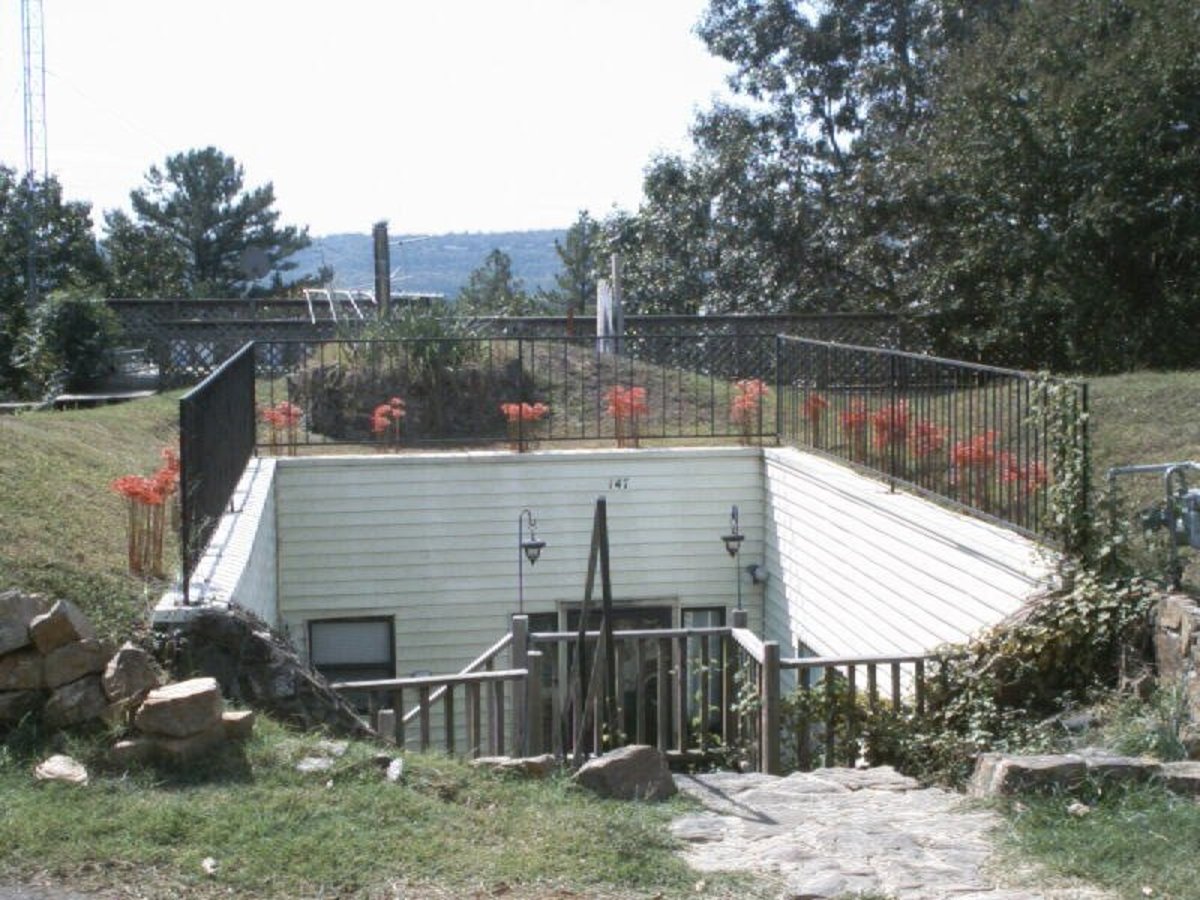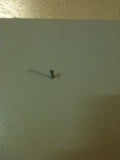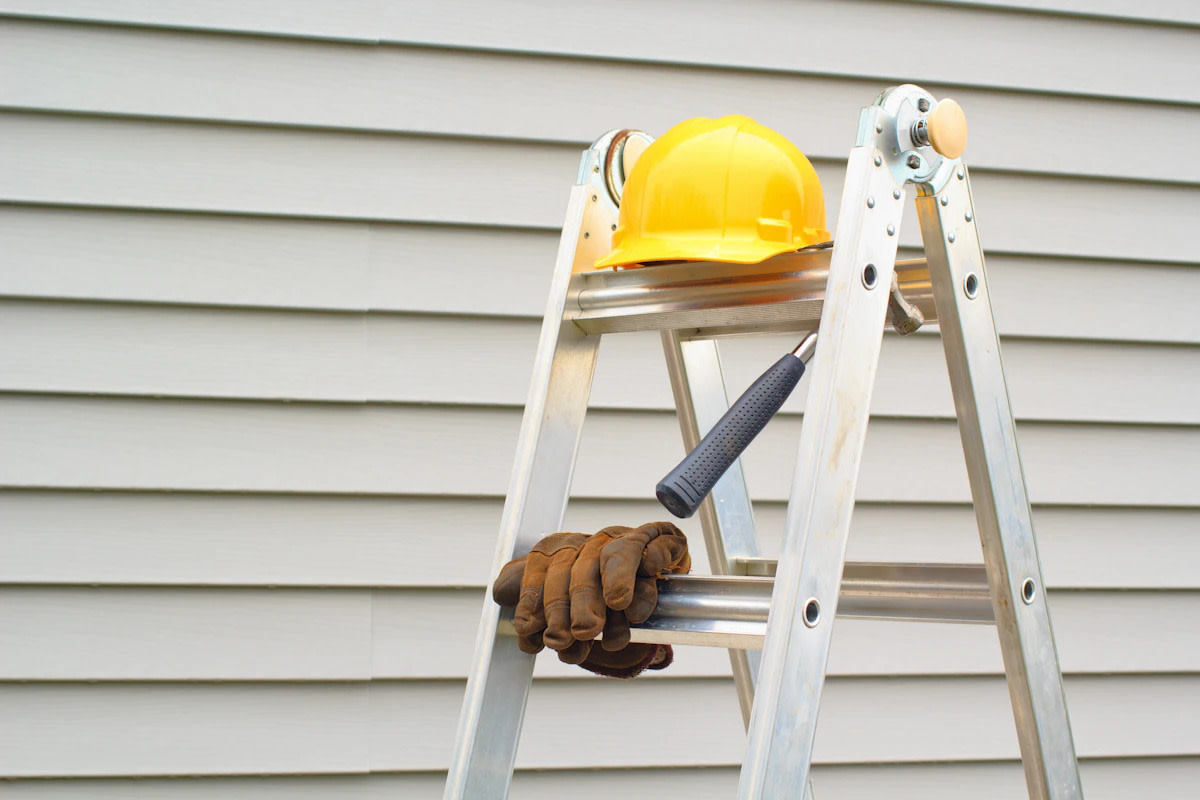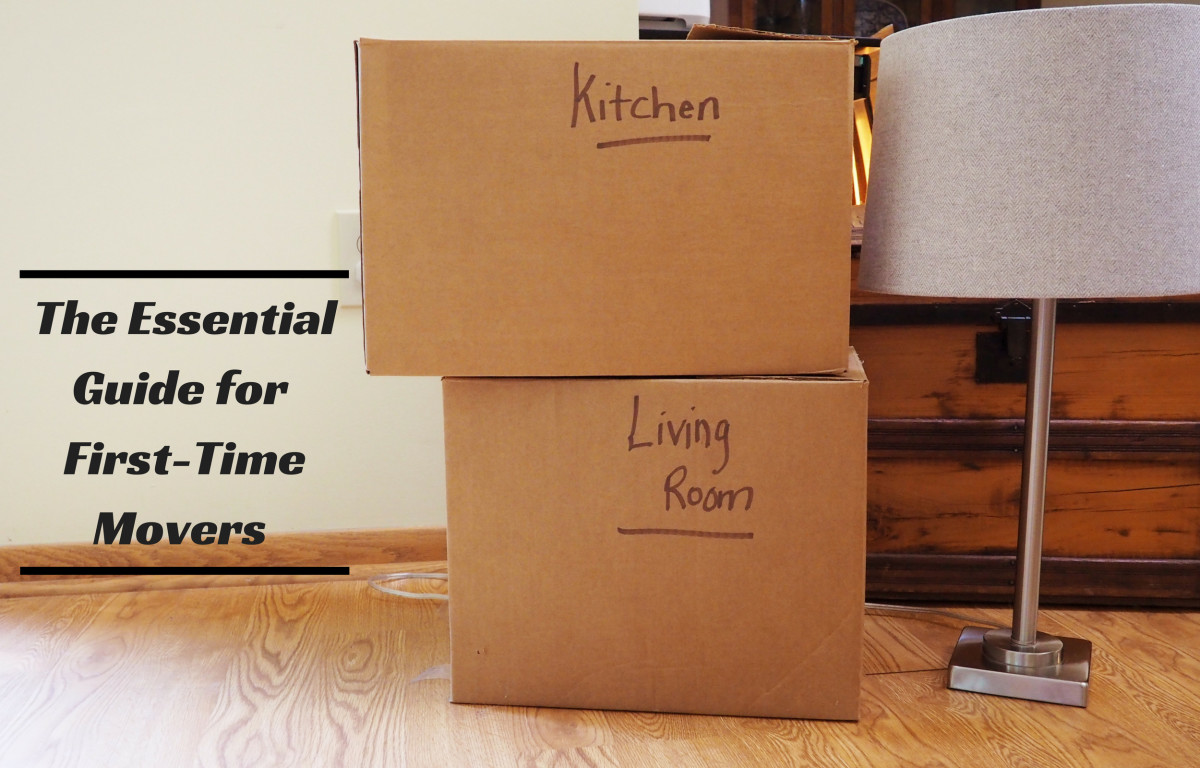Home Inspections for Homebuyers
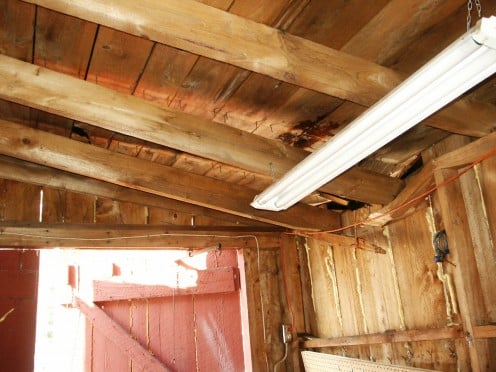
Home Inspection by George Bogosian
Having some help in this area is wise. Hiring, either a builder or a professional inspector will be money well spent. We all know some expert that knows about houses, but hiring an impartial professional is the way to go. The majority of homes being sold today are getting inspections done prior to purchase. You need a house inspection to know the present condition and what to expect in repairs and maintenance to your prospective home. Inspectors should cover two important areas immediately.
1. What's wrong with the house right now?
2. What's the overall needed maintenance to minimize repair costs in the future?
Those should be the two key elements you should get out of an inspection. Most inspectors will tell you of possible upcoming repairs or maintenance to your house so be sure your inspector has this capability. Finding needed repairs don’t necessarily mean that you shouldn't buy the house; it might mean you can re-negotiate a lower purchase price to cover the cost of needed repairs. Ask for a sample report he or she has done so that you can see what to expect to be included in the report. Remember, your offer to purchase is based on contingency items proving to be satisfactory to you.
A good inspector will be able to give you general costs or solutions to any problems that may be observed. Pointing out a potential problem is not enough, remedies are also important in the investigation. This next sentence is most important. The inspection will give you an impartial look at the house that you will not get from anyone else. Accompany the inspector during the inspection; you will learn first hand a lot about the house. The best time to hire an inspector is after you have signed a purchase and sales agreement on a house. One of the contingents on the purchase and sales agreement should state that the sale of the property is contingent upon a satisfactory home inspection. Do not include a dollar amount with this contingent. You may find that there are not expensive repairs needed, but you may find that there are so many things wrong that you begin to see it is not built with the quality that you want in a house. This may show a level of maintenance that you just don't want to deal with.
Window flashing with a hole...and water getting in.
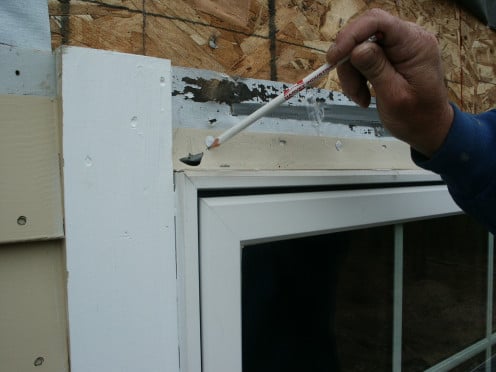
Inspect everywhere, including septic systems.
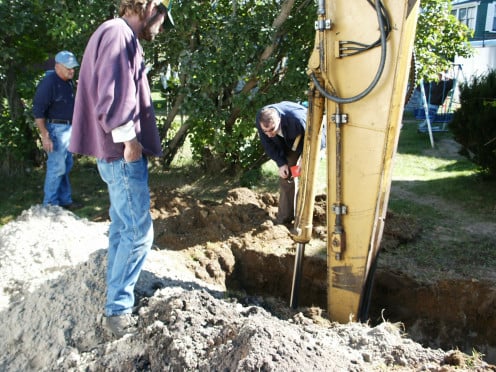
Home Inspections checklist and more!
- Home Inspection Checklist
Home inspection checklist for home buyers and sellers. Printable home inspection checklist to help you be prepared for your home inspection.
Most inspectors won’t recommend a quick inspection on a property because too many people would use that as a determination about the condition of the house. An in depth inspection is the only way to really know the condition. Be sure the inspector will provide you with a full written report when the inspection is completed. You may need this to go back to the seller to renegotiate about existing problems and that report will be useful.
There are many aspects of house construction that a inspector needs to examine to complete a through investigation. You could hire them or a builder for a specific problem to get an understanding of the needed repairs, but usually a full inspection is what is really needed. Some sellers are now doing a pre-listing inspection to show a prospective customer the condition of the house. This is included in a package that explains the condition of the house and the price reflects the condition.
We recommend that you have a radon inspection and a water test of the house you make an offer on. Radon is a gas that comes from the natural breakdown of uranium in soil, rock and water and gets into the air you breath. Radon gas usually comes up from the ground through cracks in the foundation of the house. Many sellers have already had this testing done, so ask. The levels can vary by the season. Sometimes radon enters the house through well water. Contact the EPA's Drinking Water Hotline (1-800-426-4791) for information on radon in water. Many inspectors are trained to do this job. If not, they will make a contact for you. The United States Environmental Protection Agency has two booklets call A Citizen's Guide To Radon and Home Buyer's and Seller's Guide to Radon which answers eight key questions about radon. They are available from the U.S. Government Printing Office at, Superintendent of Documents, SSOP, Washington, DC 20402-9328. Your States radon office has pamphlet guides available on how to reduce your radon health risk..
Probably more important than radon is lead paint, especially if you have small children.
It’s those little fingers picking at the paint and ingesting the chip that is the main concern. Lead paint was outlawed in 1977, but many homes have used this paint. Be sure the house is safe from lead paint. Talk to your inspector about the situation and options.
What is the maintenance history of the house and septic system if there is a private septic system? You may need other experts to inspect the septic system, and in-depth look at the heating, electrical and plumbing systems. These are costly systems and need the attention of a professional in the specific field.
What repairs or upgrades have been done to the house during its lifetime?
Where to find your inspector?
Word of mouth is always a good source, so ask around your area, ask your Realtor or your local building supply store and check you local Yellow Pages for "Building Inspection Services". The American Society of Home Inspection in Arlington Heights, IL at 708-290-1919 can help you find an inspector. Your inspector will also have numerous pamphlets available on home maintenance. Some of these are, Maintaining Your Home, Wet Basements, Give Your Attic A Breath of Fresh Air, All About Roofs Electric Power & Safety in Your Home, The Facts About Exterior Walls, Your Plumbing System and others.
This inspection fee should run from $250 to $800 dollars. With the proper knowledge and experience of construction you can save some money by doing your own inspection, but we advise you to hire the professional. They'll have a home inspection checklist that will be completed and returned to you.... not to mention home inspection software that enables the inspector to complete a thorough job. There are simply too many systems to have knowledge about to accomplish this task with confidence. This is a time to ask for help. It will be money well spent!! Regardless of the style of home you are looking for be sure to hire a home inspector to view your hearts desire.
Topics that should be covered in the inspection are, the grounds and landscaping, structural components, exterior surfaces trim, doors, windows, roof, attic, interior rooms, kitchen, bathrooms, basement, mechanical areas, basement or crawl space, plumbing, electrical, heating, and cooling systems. And of course our little unwelcome friends, the termites, will have to exit the premises if they are present. Other services that the inspector should offer are asbestos inspection, water sample and analysis, lead testing with on site sodium sulfide or full lab analysis.
So, remember, the three most important times to inspect the house is,
1. During your walk through with the Realtor.
2. When you accompany the home inspector.
3. Within 24 hours of the closing.
A good through house inspection is the best protection for the homebuyer in the entire house purchasing process. Buy with your eyes open and know the condition of your potential new home.
Inspection summary:
1. Use an inspector; it will give you the best impartial view of the house.
2. The inspector is hired after a purchase and sales agreement is signed.
3. What’s wrong with the house right now?
4. What are the future maintenance requirements on this age and condition of house?
Home Inspection tools! Too much!
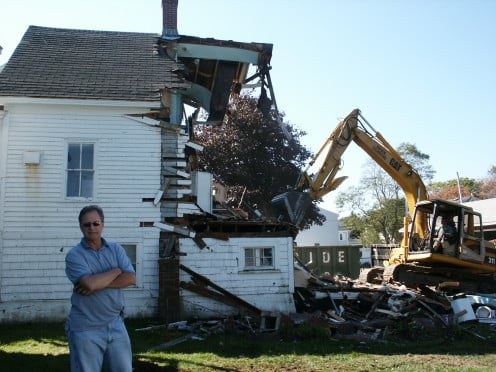
This content reflects the personal opinions of the author. It is accurate and true to the best of the author’s knowledge and should not be substituted for impartial fact or advice in legal, political, or personal matters.
© 2010 George Bogosian

